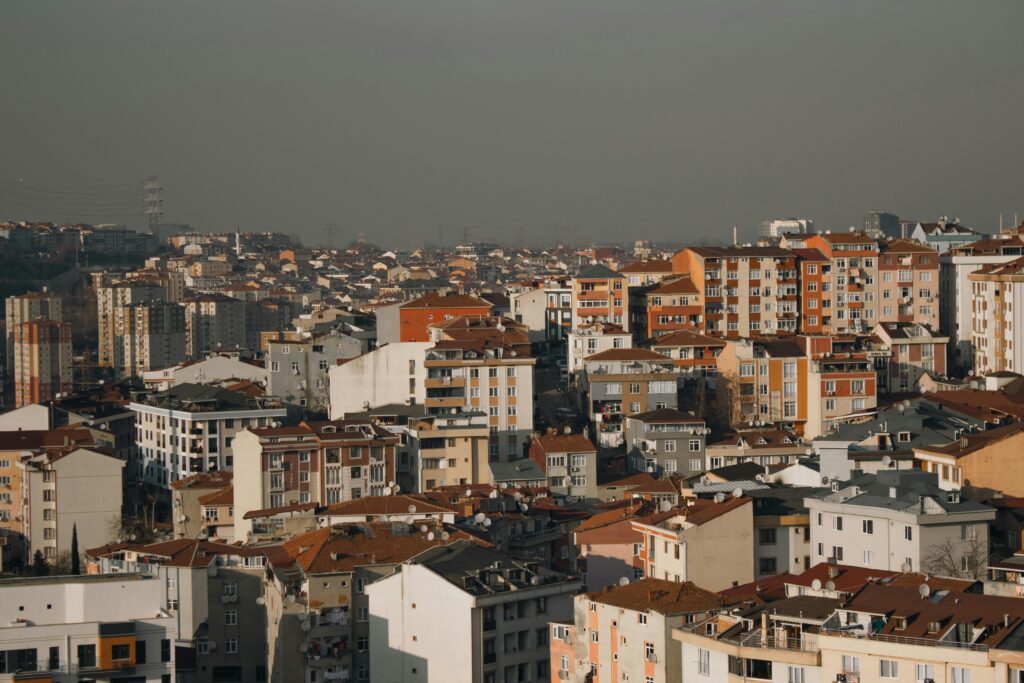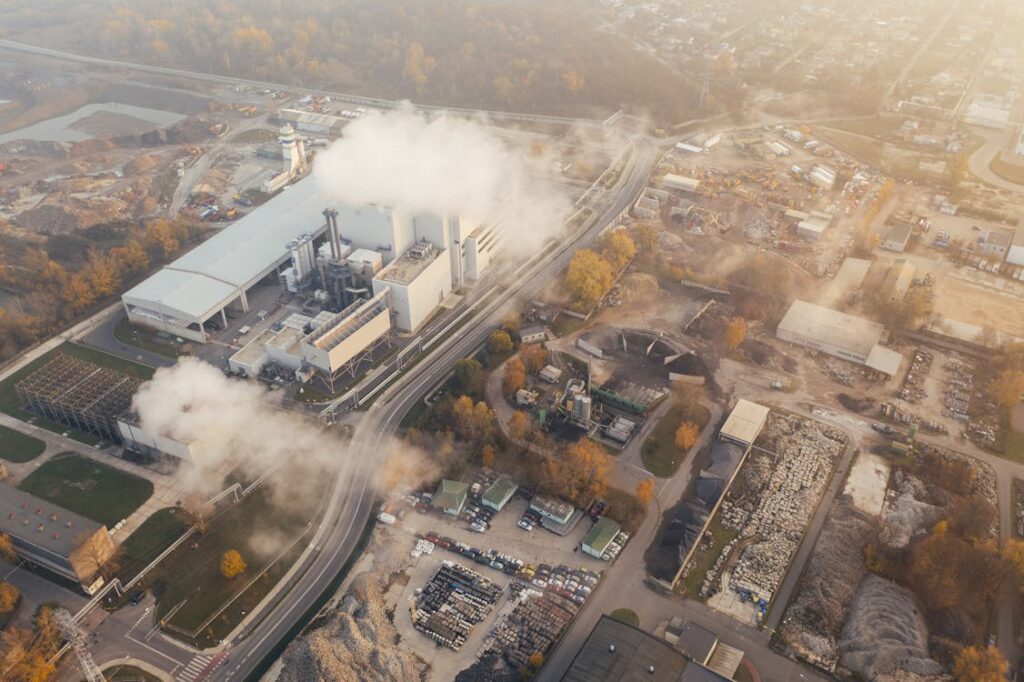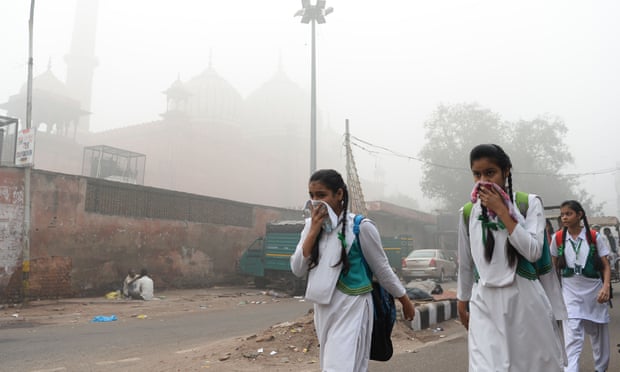A recent report highlights a concerning trend in global air quality, revealing that only seven countries are currently meeting the international standard set by the World Health Organization (WHO). Despite efforts to address air pollution, economic resurgence and the detrimental effects of wildfire smoke have exacerbated the situation in many regions.
The report surveyed 134 countries and regions, indicating that Australia, Estonia, Finland, Grenada, Iceland, Mauritius, and New Zealand are the sole nations adhering to the WHO guideline limit for PM2.5 – tiny airborne particles emitted by vehicles, industries, and other sources. PM2.5 poses significant health risks, with inhalation linked to various ailments and fatalities.

Alarmingly, the majority of countries fall short of meeting the PM2.5 standard, according to findings by IQAir, a Swiss organization specializing in air quality. Drawing data from over 30,000 monitoring stations worldwide, the report underscores the urgent need for global action to combat air pollution and safeguard public health.
Despite significant improvements in air quality globally over the past century, pockets of dangerously high pollution levels persist, posing severe health risks in various regions. According to the IQAir report, Pakistan emerges as the most polluted country, surpassing the WHO standard for PM2.5 levels by more than 14 times. Following closely are India, Tajikistan, and Burkina Faso, which also face alarming pollution levels.
Notably, even affluent and rapidly developing nations face challenges in curbing air pollution. Canada, renowned for its clean air, witnessed a stark reversal as it became the worst performer for PM2.5 due to unprecedented wildfires that engulfed the country, unleashing toxic smoke across its territories and into neighboring regions, including the United States.
In China, strides in air quality improvement were offset by a resurgence in economic activities following the aftermath of the Covid-19 pandemic. The report highlights a 6.5% rise in PM2.5 levels, underscoring the complexities of balancing economic growth with environmental preservation.
Glory Dolphin Hammes, North America chief executive of IQAir, expressed concern over the regression, stating, “Unfortunately things have gone backwards.” Despite clear scientific evidence regarding the adverse effects of air pollution, society remains acclimated to elevated pollution levels, signaling a need for urgent action.

Air pollution exacts a staggering toll, claiming an estimated 7 million lives annually worldwide – surpassing the combined fatalities from AIDS and malaria. Developing countries, reliant on highly polluting fuels for heating, lighting, and cooking, bear the brunt of this burden, emphasizing the imperative for cleaner energy alternatives and robust pollution control measures.
The sixth annual IQAir report identified Begusarai in India as the most polluted urban area worldwide last year, underscoring a concerning reality where India hosts four of the most polluted cities globally. However, many regions in the developing world, particularly African countries, lack dependable air quality monitoring systems.
In response to escalating concerns, the World Health Organization (WHO) revised its guideline for “safe” PM2.5 levels in 2021 to five micrograms per cubic meter. Despite significant strides in air quality improvement, notably in European nations over the past two decades, numerous countries still fall short of meeting this more stringent standard.
Yet, recent research conducted by US scientists suggests that even this revised guideline may not adequately address the risks posed by pervasive air pollution. Their findings indicate that there is no discernible safe level of PM2.5 exposure, with even minimal exposures linked to heightened hospitalizations for conditions such as heart disease and asthma.
Glory Dolphin Hammes, North America chief executive of IQAir, stressed the imperative for nations to prioritize pedestrian-friendly urban planning, reduce reliance on automobiles, revise forestry practices to mitigate the impact of wildfire smoke, and expedite the transition to clean energy alternatives, thereby minimizing the global atmospheric impact.
Aidan Farrow, senior air quality scientist at Greenpeace International, emphasized the urgent need for enhanced air quality monitoring systems. He highlighted the ongoing global health crisis stemming from air pollution and underscored the necessity for implementing existing solutions to combat this pervasive issue.















